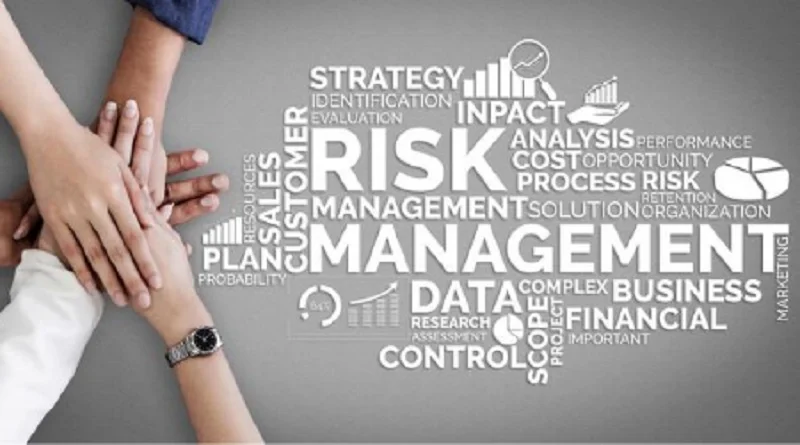Oct 27, 2021
In the past, financial services firms delivered value by helping clients make major financial decisions via a world-class service experience. Now, providers will need to develop a great financial life for their clients by helping them hit their long term objectives through the impact of daily large and small decisions. To deliver this new value going forward, firms must build six new capabilities across technology, talent, and go-to-market strategy. Join this complimentary webinar to learn about the future of client value in financial services, the capabilities required to deliver, and strategies to maintain growth and differentiation in 2021 and beyond.










